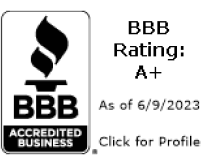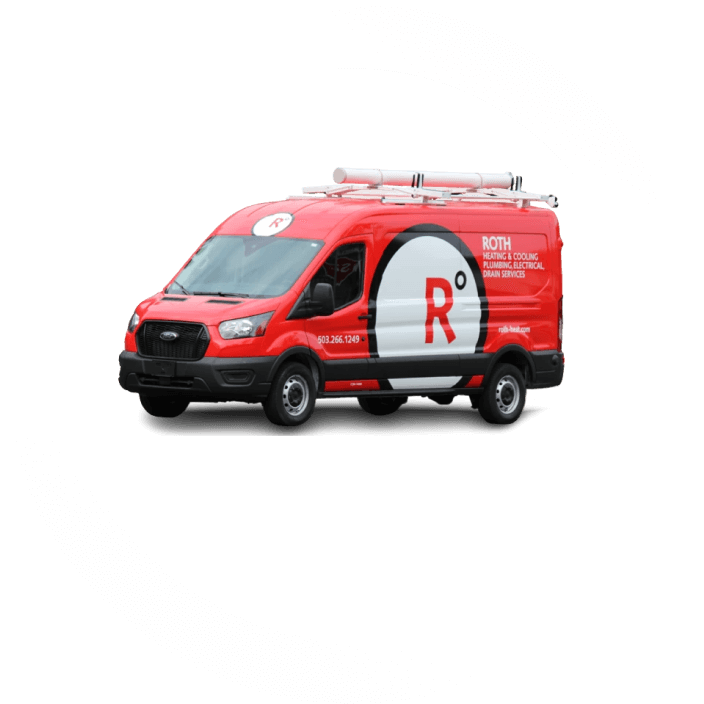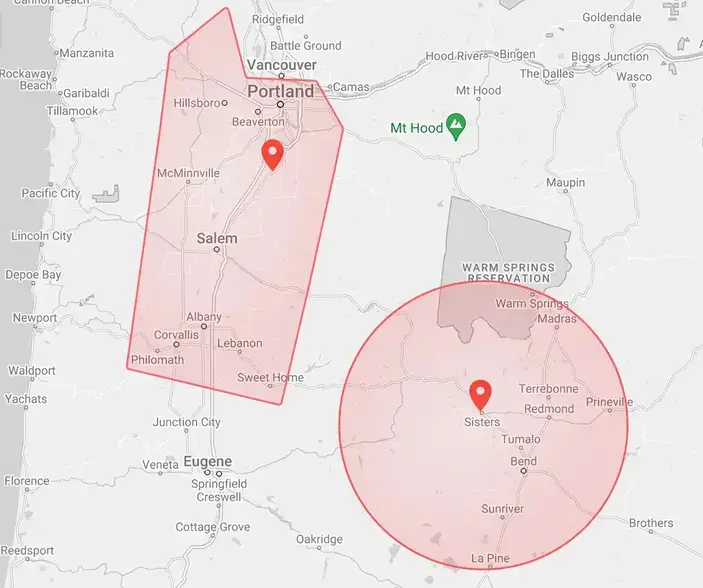Last winter Portland saw record low temperatures. While the thermostat seldom dips below freezing here, whenever it’s predicted it’s a good idea to survey your home and property and prepare for the worst. Besides wrapping or covering vulnerable plants, you also want to protect your pipes from the predicted frozen temperature drop.
Protecting Your Pipes
When water in your pipes freezes, it will expand and can burst your pipes and cause flooding. Here’s how to protect pipes.
Outdoors
If you don’t regularly disconnect your outdoor hoses and wrap your faucets when freezing temperatures are predicted, you should. Drain faucets and wrap them with a commercially manufactured faucet cover, or use old towels. It’s best to turn the faucet off at the inside valve if you can, and leave the faucet open to drain. Leaving a trickle of water running slightly will also help.
Water sprinkler lines and swimming pool supply lines are also vulnerable and should be protected. Never use antifreeze, which is attractive to pets and some wild animals and can kill them.
Inside
If you have pipes running through the basement, attic or the crawl space, increase the insulation in those areas to prevent freezing. This will also help lower your utility bill.
Inspect your home for any areas where pipes located on an exterior wall might freeze, such as in a kitchen or bathroom. Even though you might think you’ll always keep the temperatures high enough to avoid freezing, you could have a furnace breakdown in the midst of a cold spell. If this happens when you’re away, you could return to a flooded home. Pipes in cabinets may be particularly at risk.
Wrap pipes in a pipe sleeve or use heat tape or a heated cable. The latter methods rely on electricity so won’t help if your power goes out. You can also wrap pipes in 1/4-inch-thick newspaper or insulation. Also, leave the cabinet door open during cold spells so the heat gets inside the cabinets.
To learn more about protecting pipes when a frozen temperature prediction is issued, contact Roth Home.
Our goal is to help educate our customers in the Metro Portland, Oregon area about energy and home comfort issues (specific to HVAC systems).
Credit/Copyright Attribution: “illustrade/Pixabay”














